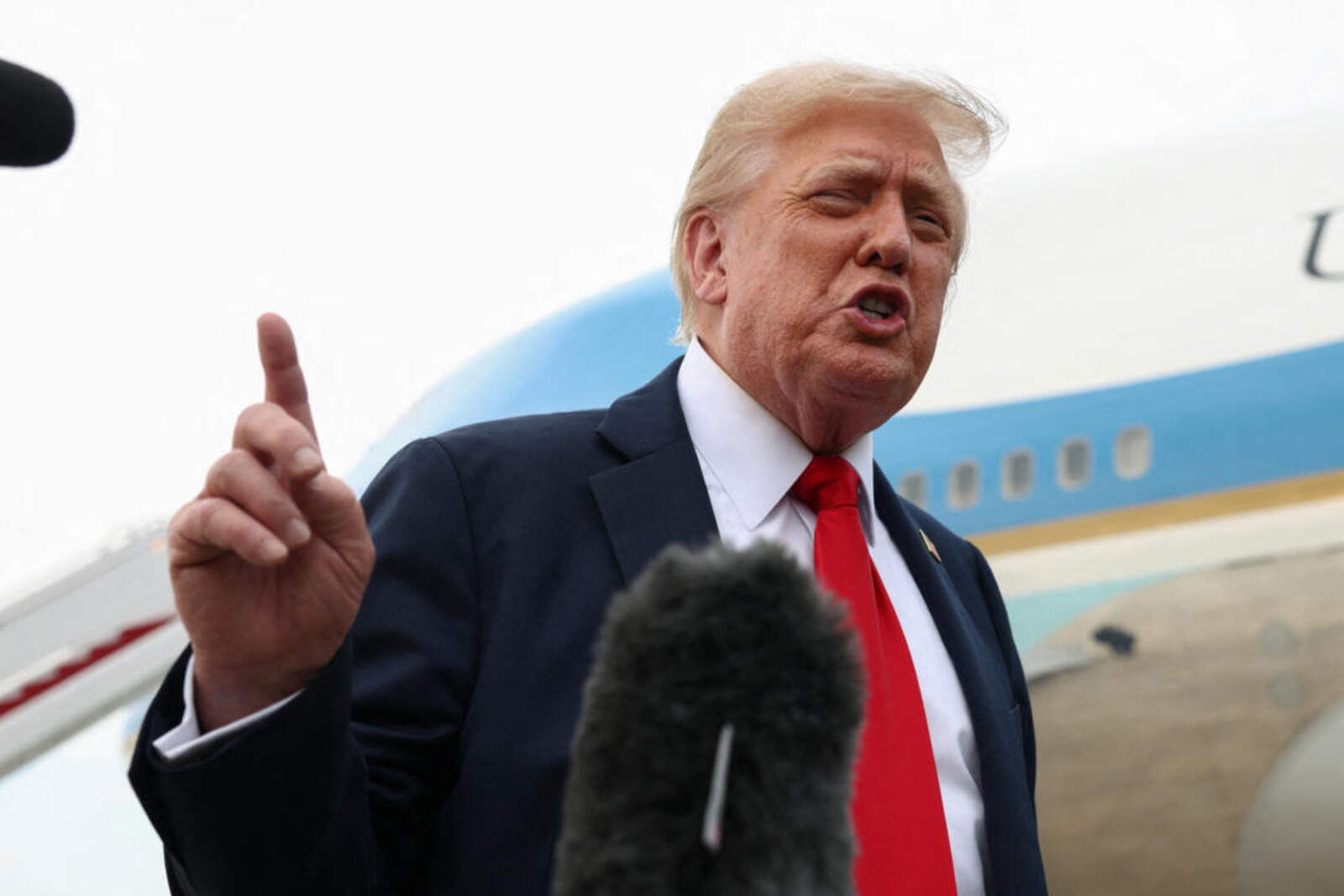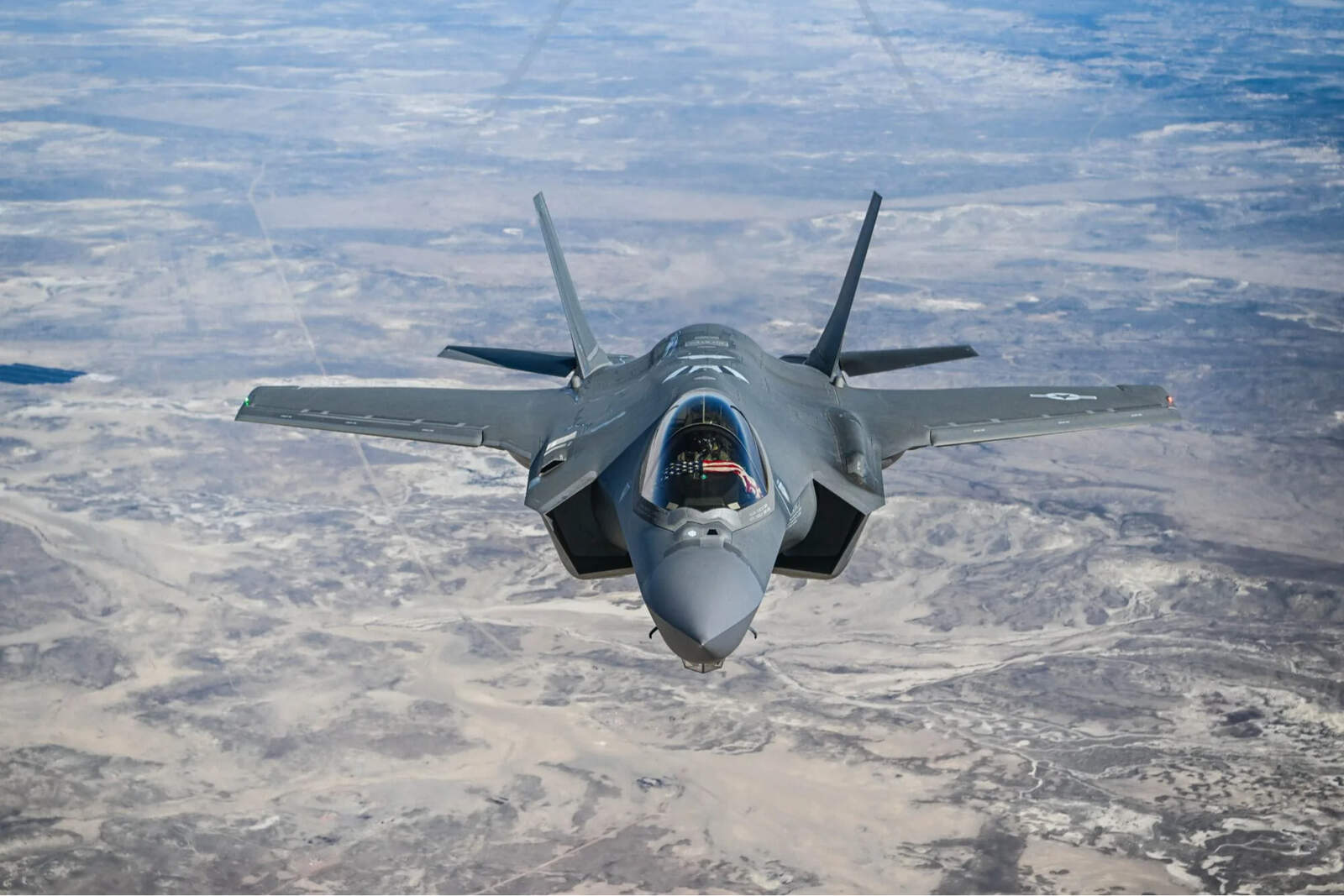A report published on July 15 by ProPublica has revealed an alarming security gap within the United States Department of Defense (DoD) for nearly a decade.
Thus, Microsoft engineers based in China have had access to key systems hosted in the Pentagon's cloud. This situation was not the result of a cyberattack or infiltration, but was formally authorized as part of Microsoft's global technical support model.
According to the report, these engineers participated in system maintenance tasks that handle data classified as high impact, including sensitive information about military operations.
The incident represents a serious vulnerability in U.S. national security. Although the DoD requires strict citizenship or residency requirements for personnel with access to classified data, Microsoft's outsourcing scheme allowed these requirements to be bypassed.
In practice, the United States ended up entrusting access to critical systems to citizens of a country with a proven history of espionage and cyberattacks against U.S. interests during Democratic administrations.
The case highlights the risks faced by the U.S. government when working with private technology providers that, for reasons of cost efficiency, transfer operational functions to countries like China.










